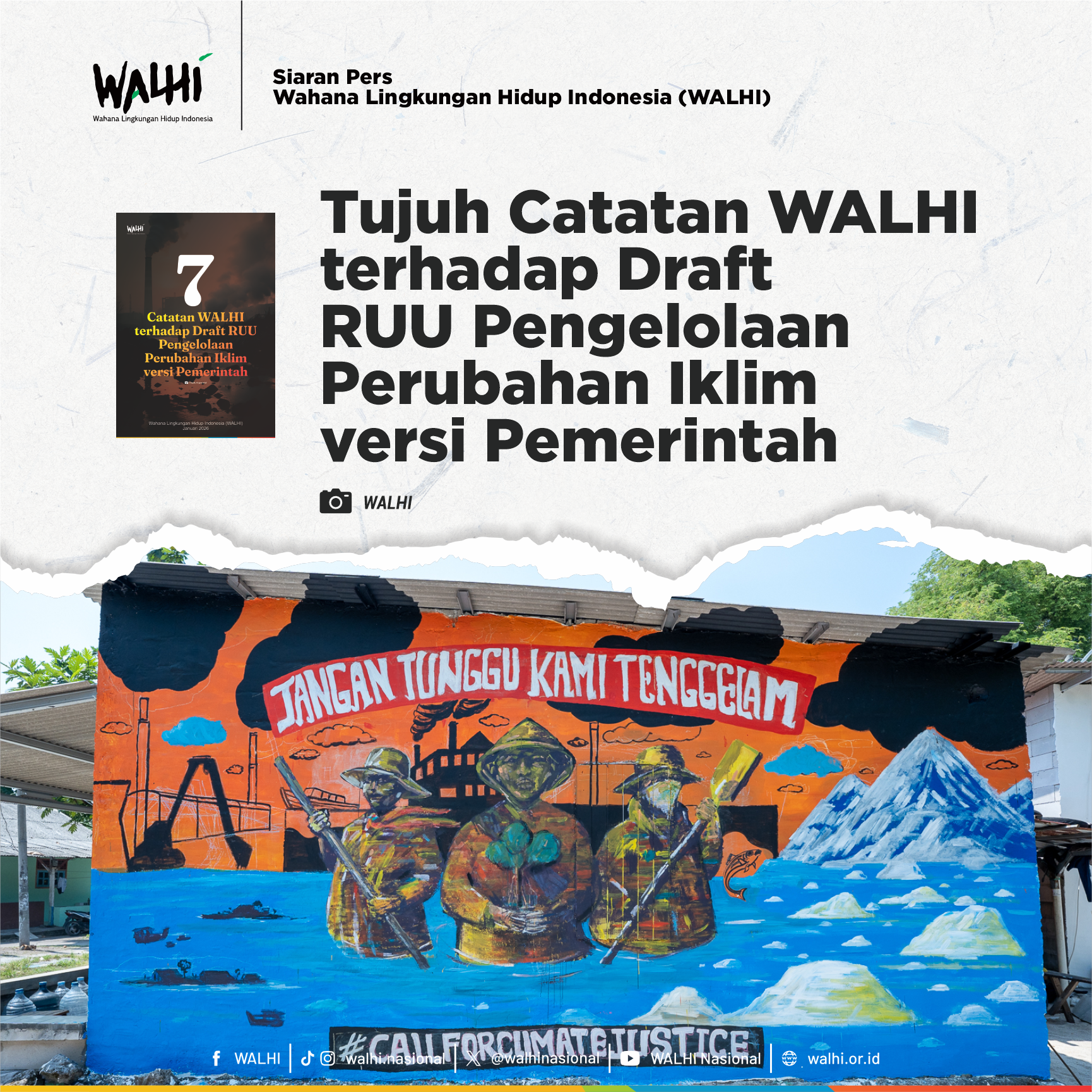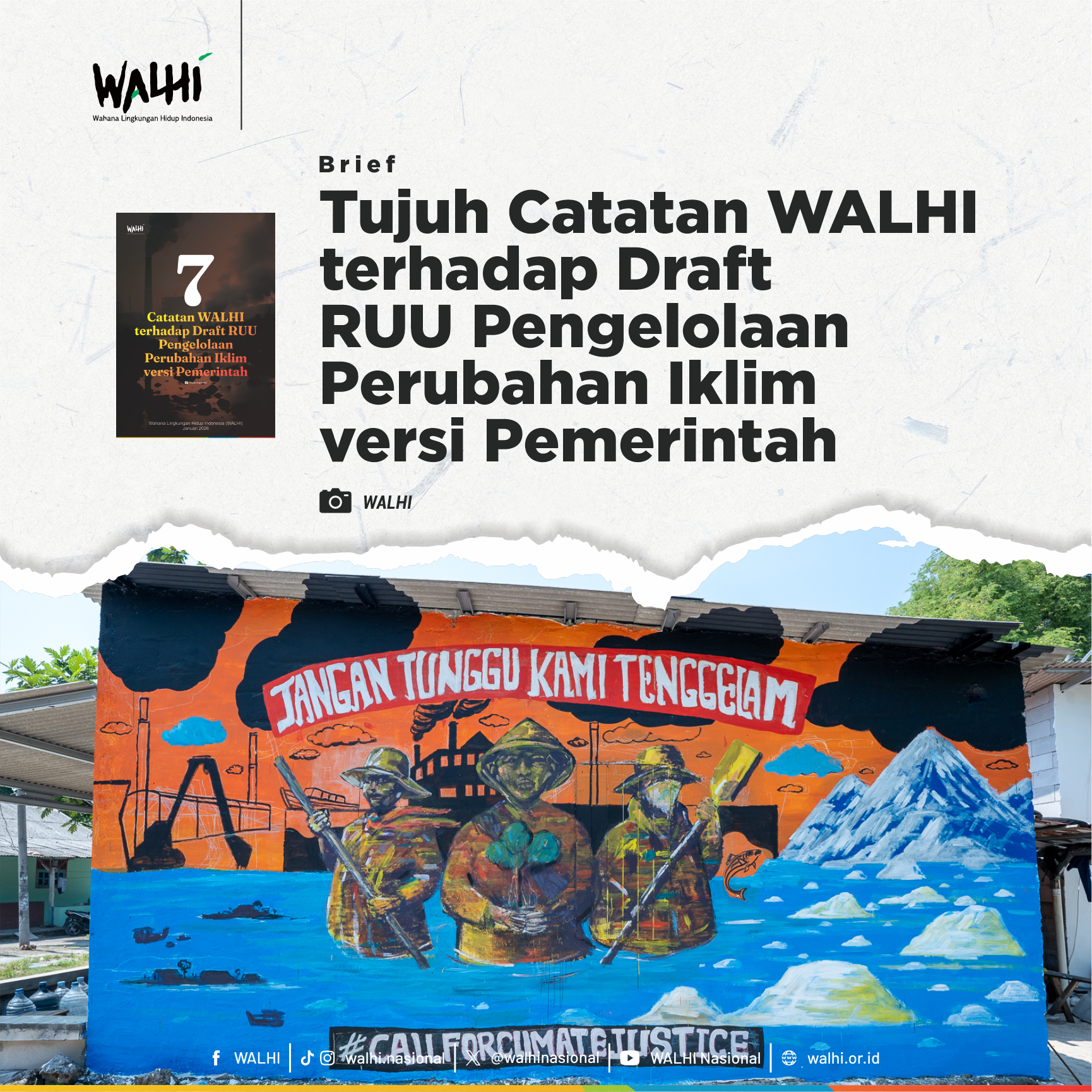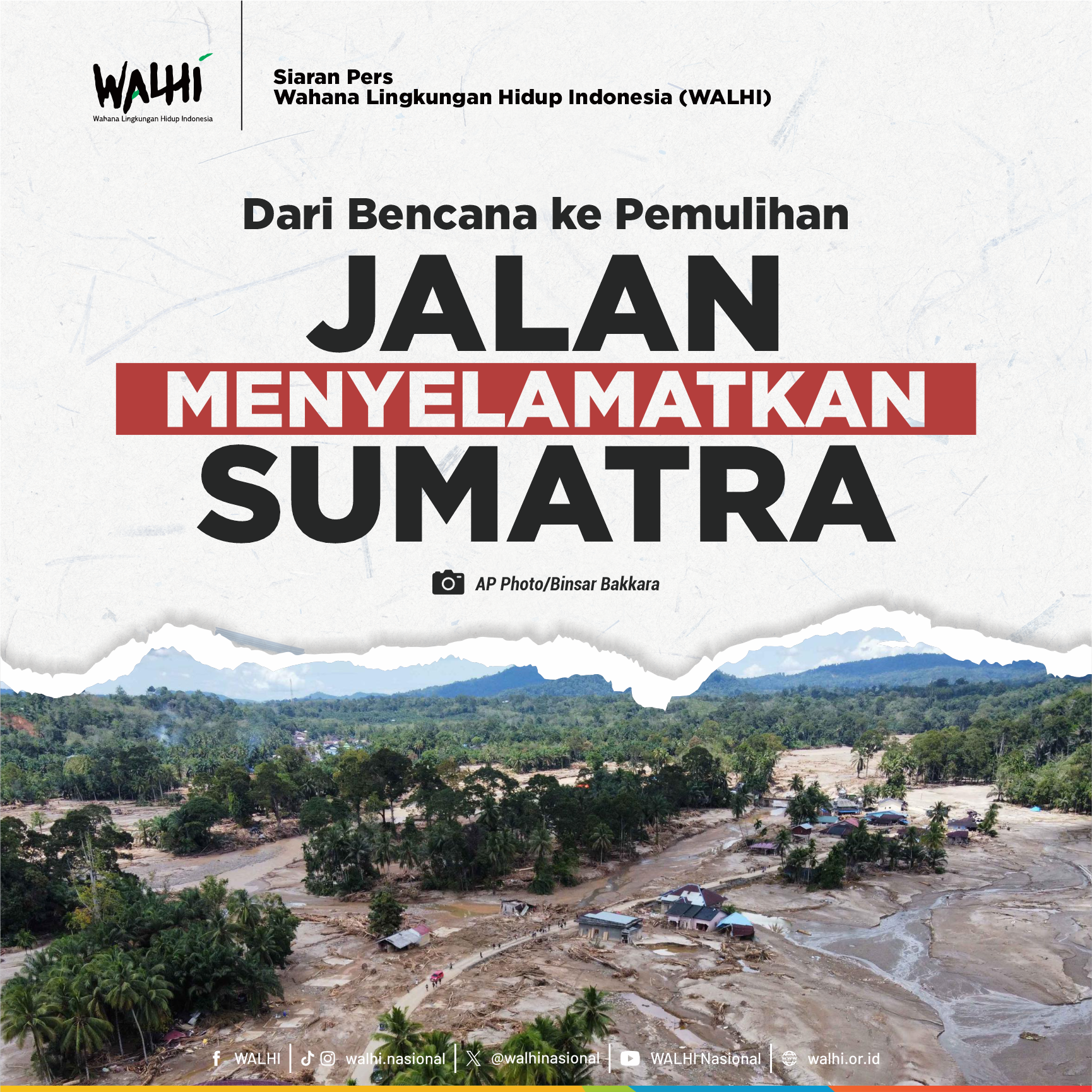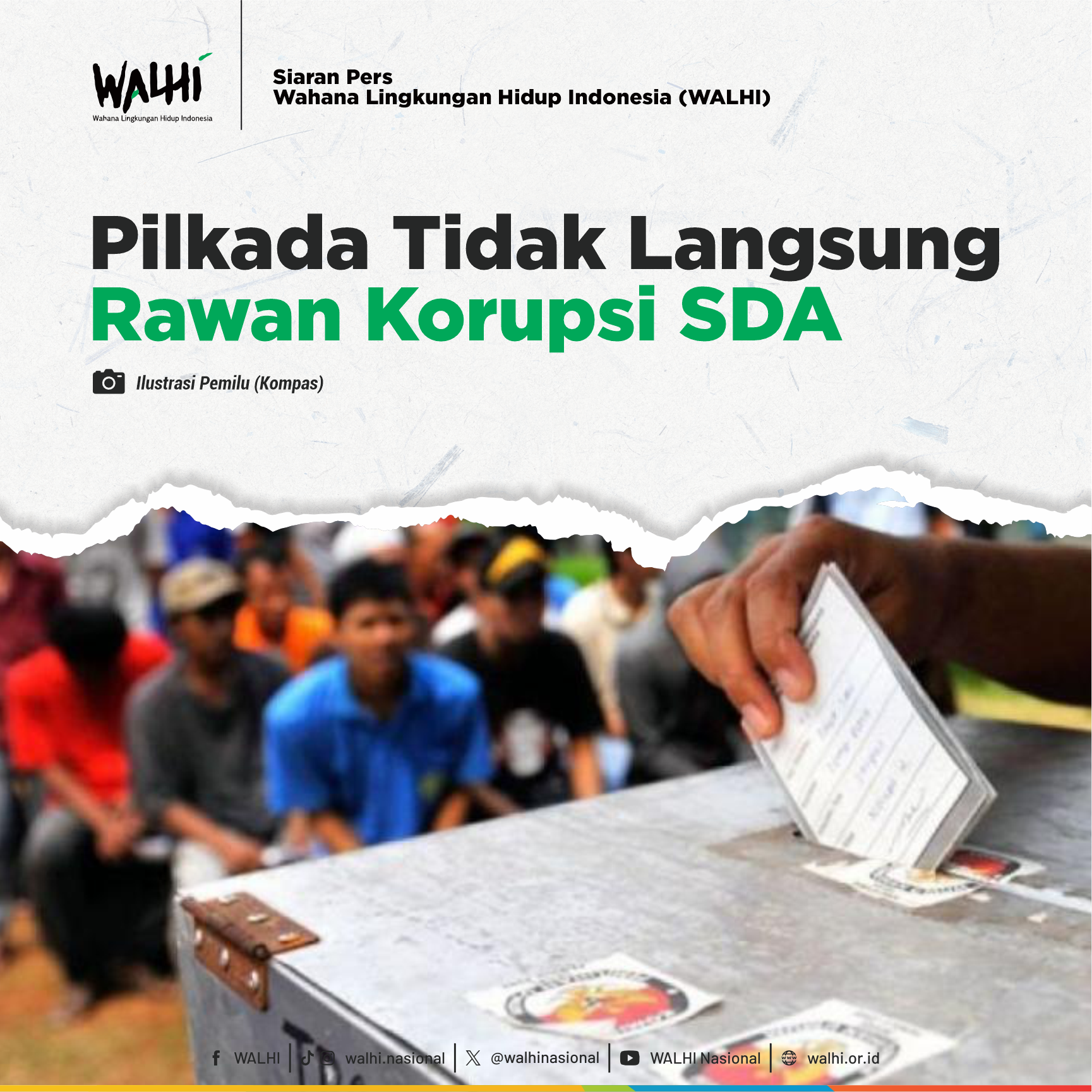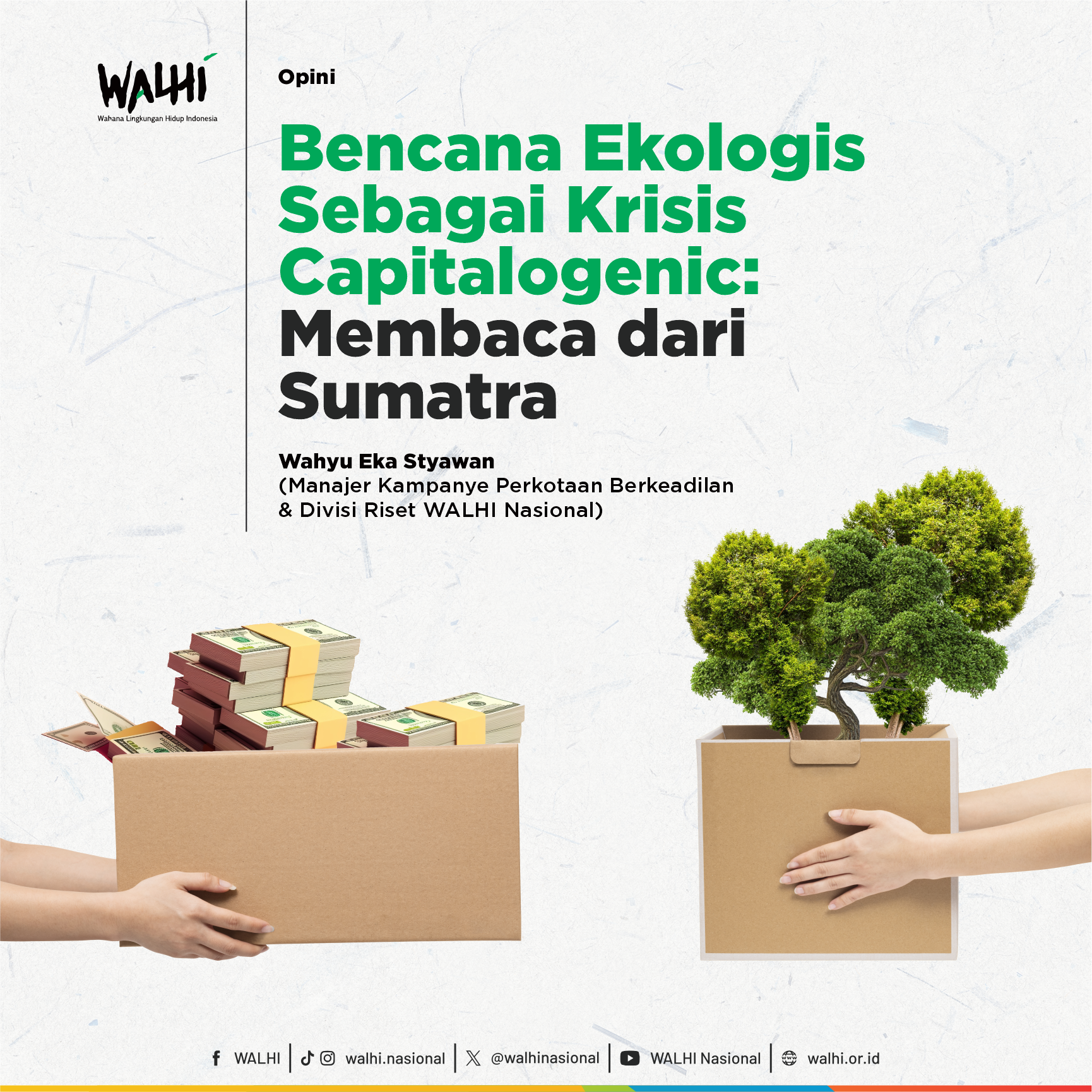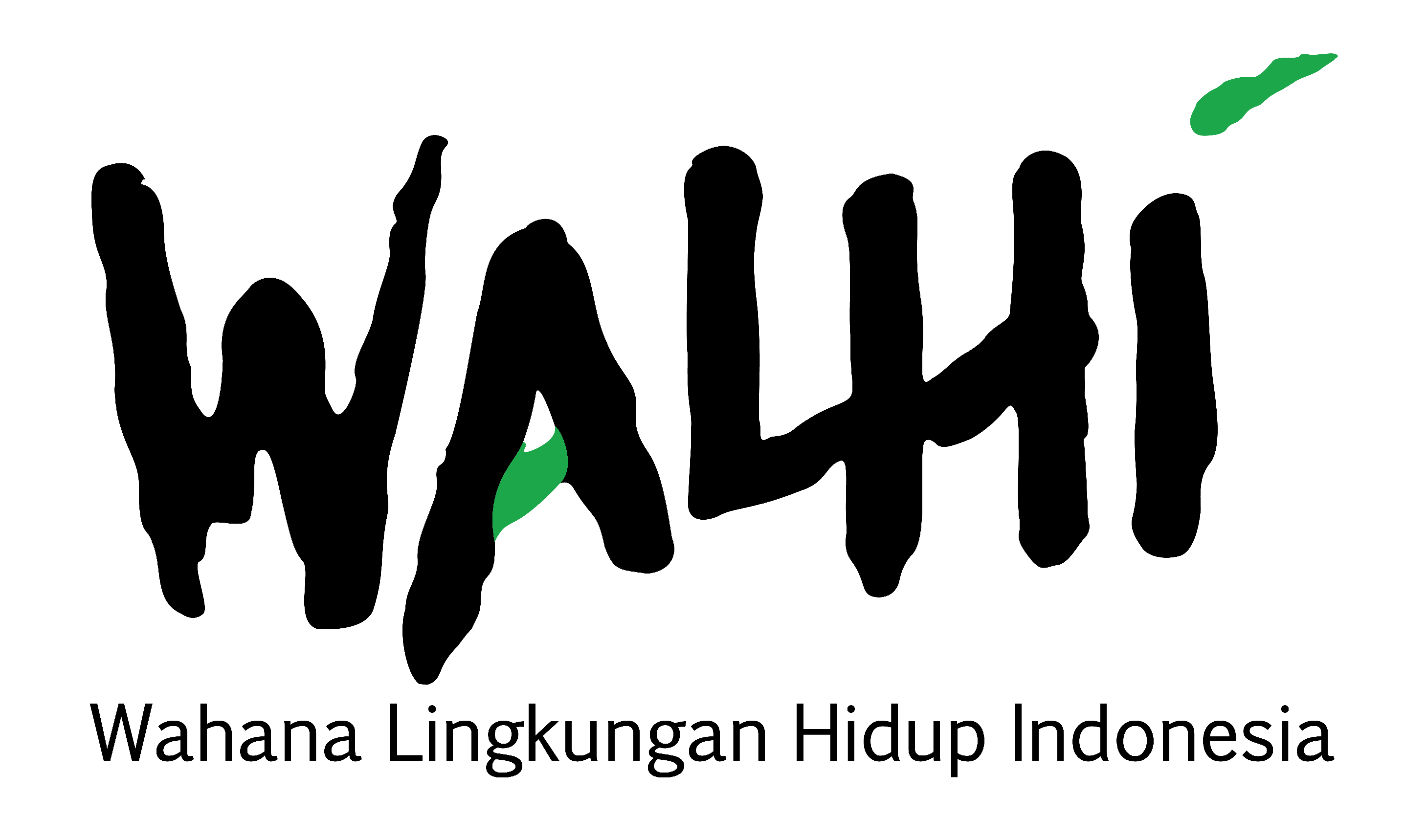Name of the Session: Subject 3. Obligations - focus on IFIs immunity My name is Khalisah Khalid from WALHI, Friends of the Earth Indonesia, a member organisation of the Friends of the Earth International. Mr. Chairman, International Financial Institutions (IFIs) are currently shielded by immunity from suits related to projects they financed. The Treaty should provide provisions that will effectively purge IFI immunity and enable aggrieved parties to hold IFIs accountable through local courts, quasi-judicial agencies and international tribunals. In our experience TNCs implement IFIs projects also been given this immunity. Although IFIs, such as the Asian Development Bank (ADB), World Bank (WB), the Asian Infrastructure Investment Bank (AIIB), European Bank for Reconstruction and Development (EBRD) and Inter American Development Bank (IADB) have been obligated to establish Environmental and Social Safeguard Policies to ensure each of their project’s social and environmental integrity, some IFIs have not instituted adequate safeguards, or have failed to deliver the same in Asia Pacific region among others in Indonesia, Philippines and Sri Lanka. As the IFIs are protected by immunity, affected communities can only raise issues of redress and grievance through the IFIs own Accountability Mechanisms.
These mechanisms serve as the only institutional platform through which project–affected people can elevate their grievances and call for remedy against harm and damages caused by IFI projects. However, the accountability Mechanisms of IFIs are often perceived by local groups as inaccessible due to their complex and highly bureaucratic processes. The legitimacy of these Mechanisms is also compromised by the role of the concerned IFIs Board of Directors, who eventually plays the role of judge and jury for all complaints. Limited awareness, lack of visibility and access on how the accountability mechanisms work have also contributed to low turnout of complaints received by IFIs. Thus lack of real remedial action on the ground and tedious and lengthy complaint filing and investigation processes leave local communities completely dependent on IFI responses, as immunity leads the courts and national judiciary to be inaccessible for harmed local communities. Considering the scaling up of IFI investments with the private sector through co-financing, Private Public Partnerships (PPPs) and pooled infrastructure funds, impacts on the environment and local communities will also significantly increase. The long history of human rights violations perpetrated by TNCs and/or their agents have been documented worldwide.
Such violations include extrajudicial killings, enforced disappearance, and other forms of harassment. Moreover, TNCs have caused colossal damage to the environment, leaving local communities unsafe and without sources of livelihood. Moreover, women and children suffer the most due to human rights violations linked to the social,environmental and livelihood impacts of the development projects implemented by the TNCs funded by the IFIs. Extending liability to IFIs will mitigate the difficulty in holding TNCs to account for their violations, as well as in identifying the transnational character of companies. The UN Binding Treaty should be able to establish liability of IFIs that knowingly fund and continue to support companies responsible for human rights violations and environmental disasters. This will provide another layer of protection for those aggrieved by abuses committed by TNCs. The International Financial Institution should respect and protect to human rights.

